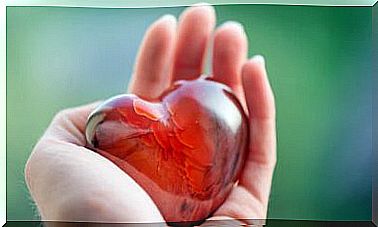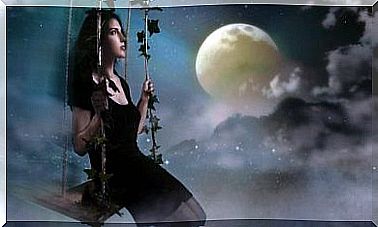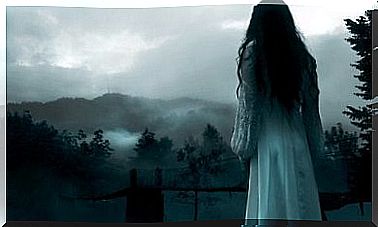Georg Wilhelm Friedrich Hegel: Biography Of An Idealistic Philosopher
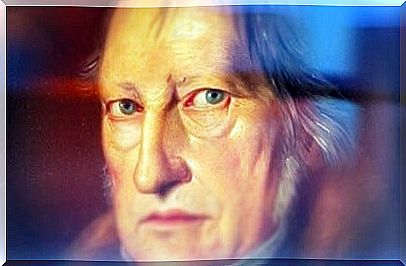
Georg Wilhelm Friedrich Hegel marked a before and after in philosophical thought in Western Europe and also in Russia in the 19th century. An admirer of Plato, Descartes and Kant, German idealism reached its maximum expression with him, and what is more interesting, there was a great advance in the theory of the evolution of consciousness.
If there is something that most of us know, it is that reading Hegel is not exactly easy. His best known book, Phenomenology of the spirit (1807) , is a sample of that narrow, dense but decisive intellectual legacy within what we know as the historical dialectic.
Likewise, it should be noted that there are many who saw in his theses (such as the definition of the State) the bases of those more radical thoughts that served as inspiration for German nationalism. Hitler himself, for example, saw some justification in Hegelian philosophy when reading phrases such as that ” only the Germanic world, as the embodiment of true Christianity, represents true freedom.”
However, Hegel was much more than this type of statement. His thought was like that wick that illuminated and generated endless theoretical and philosophical reactions. It inspired Marxist materialism, laid the foundations for Søren Kierkegaard’s pre-existentialism, Friedrich Nietzsche’s metaphysical concept, and even Theodor W. Adorno’s negative dialectic.
Hegel was, in essence, that philosopher who invited us to think that between oneself and the world there are no barriers, that we are creators of our truth. He also introduced the concept of dialectics to explain that history and our own thought is the result of the continuous movement between solutions and contradictions …
Life of an academic admired by his students
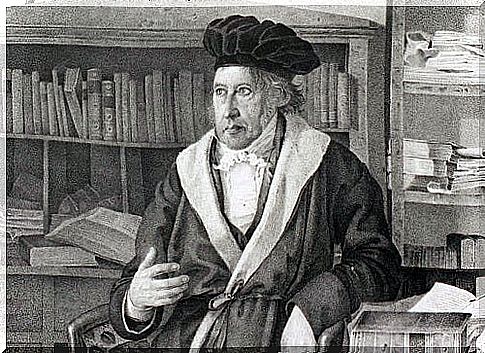
Georg Wilhelm Friedrich Hegel was born in Stuttgart on August 27, 1770. From a Protestant family and well-established, he has always surrounded himself with the most advanced cultural environment of 19th-century Germany. He made friends with references of the time such as the philosopher Friedrich von Schelling or the poet Friedrich Hölderlin. Also, and from very early on, he was always an avid admirer of the works of Immanuel Kant and Schiller.
He studied philosophy and theology at the University of Tübingen and after receiving an inheritance after the death of his father, he was able to dedicate himself fully and calmly to the academic world after presenting his thesis “Planetary Orbits”. It did not take him long to obtain a position as a professor, thus being able to also delve into a wide area of knowledge such as mathematics, logic or law.
In 1807 he published Phenomenology of the Spirit where he delved into aspects such as the sense of consciousness, perception and knowledge. In this work he already emphasized the only thing that for Hegel was the true, that it was nothing other than reason. After the significance of this work, he was soon called upon by other universities to train the students of Heidelberg or Berlin.
Friedrich Hegel, days of success and anger
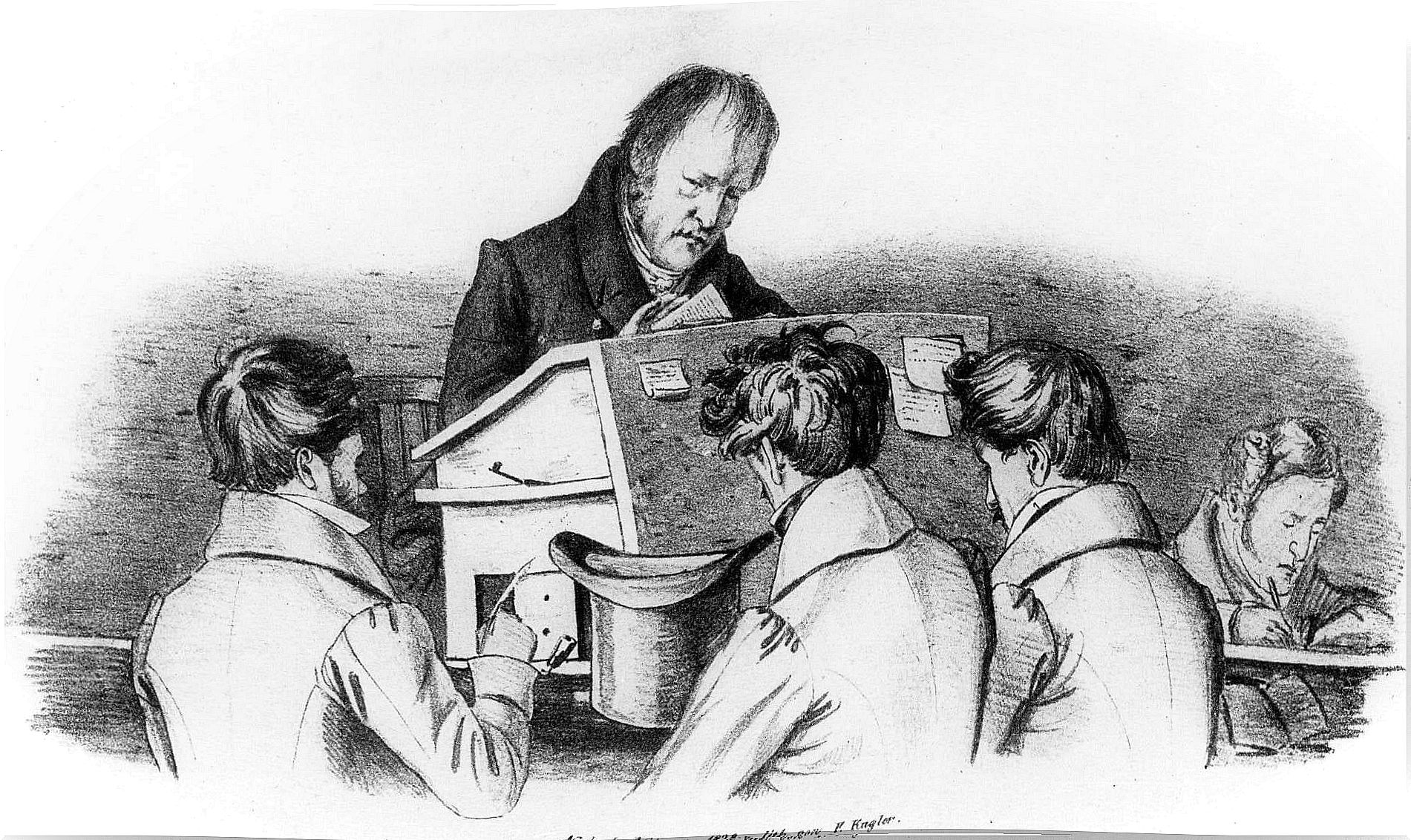
His classes were famous throughout Europe. His students said that he was capable of giving a response and a deep meaning to almost anything. That his mind was that of a titan of knowledge and that Hegel must be like Plato himself in Ancient Greece.
His analyzes on the philosophy of law and the state system made multiple groups want to delve into his different approaches, theories and dissertations. The cultural elite and the political class of the time, saw in him a reference point from which to learn and to be inspired in some way, as Karl Marx did in his day. However, he did not get to see the full impact of his work.
Friedrich Hegel died on November 14, 1831 of cholera. It would be his students who would be in charge of giving importance to the writings and annotations of all those knowledge in which he had deepened: history, religion, aesthetics …
Hegel’s philosophy
Hegel was best known for introducing history into philosophy. Until that moment, philosophical discourses started from a void, from an entelechy where the sense of truth could be reached without counting on the reference of social events.
Thus, events such as the French Revolution were undoubtedly those that most marked Hegel’s speech, as well as that change in the mentality that reigned in Europe at the time. Concepts such as freedom finally acquired that decisive significance of the Friedrich Hegel was standard.
Let’s now look at the most relevant concepts of his philosophical legacy.
Idealism
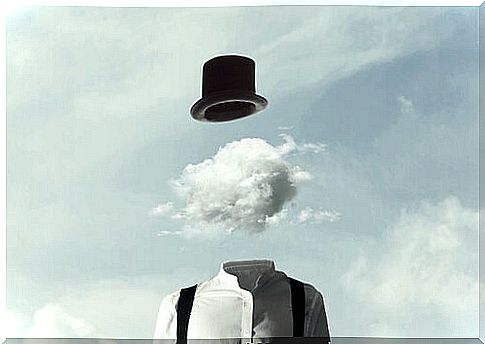
When speaking of Hegel, it is common to define him as the essence of German idealism. However what does this really mean? Idealism is a philosophical theory that defends the following:
- Ideas are the most important and these can exist independently.
- What surrounds us would not exist if someone did not perceive them and was aware of them.
- For Hegel the world is beautiful, it is metaphysically perfect, because beauty itself symbolizes reason.
Likewise, and within this framework, he often defended that happiness should not be the main goal of the human being. The most important thing is knowledge and reason.
The dialectic
Hegel defined reason as a dialectical process. One can affirm a fact and deny it later, to later overcome that contradiction. In this way, the dialectical movement had for him the following steps:
- Thesis : affirmation of an idea.
- Antithesis : the denial of the thesis itself.
- Synthesis : overcome the contradiction formulated.
Freedom
Hegel believed that true freedom should start from a very specific framework: the State itself. It is from this stage where the person himself can feel fulfilled. Acquire, in turn, a genuine sense of dignity. In other words, the human being therefore needs a legal framework to which he “submits”.
Furthermore, within this Hegelian scheme, it is through Christianity that the person has been able to acquire authentic freedom. As we can well suppose, these ideas later marked other currents in different senses.
The logic
If we talk about philosophy, it is essential to delve into the area of logic. And within this it is mandatory to understand Hegel’s most famous thesis: the contradiction. Thus, and according to this principle, a thing is itself and is not at the same time.
In other words, we all change, because we all transform and go from one state to another reality as a result of our own vitality, of change … Life itself is a constant contradiction.
Aesthetics
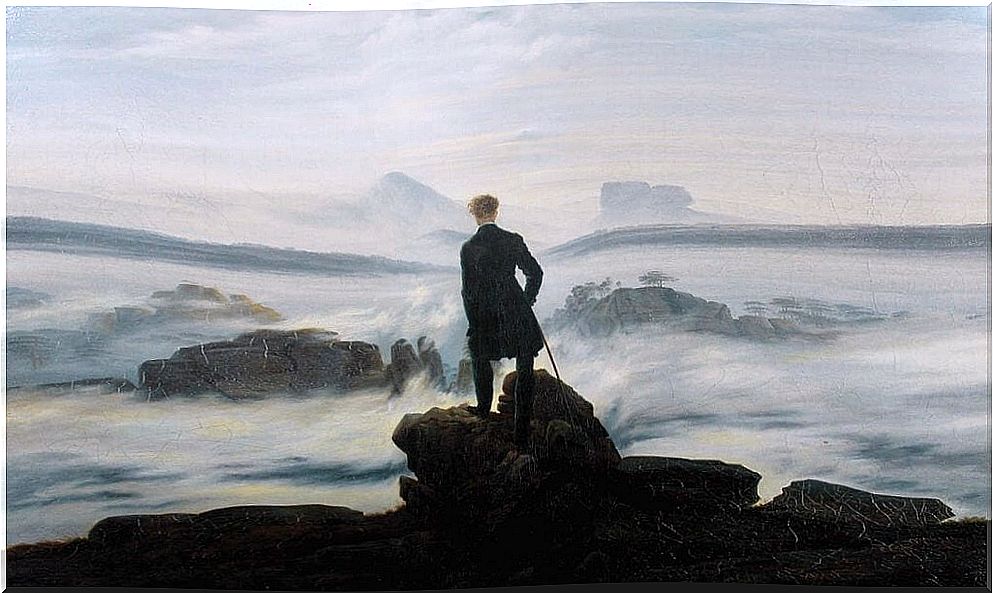
Hegel made an interesting distinction between the natural beauty and the artistic beauty. The first refers to the most exquisite, because it is authentic, it is free and it represents the natural spirit of things. The second, artistic beauty, is what creates the spirit itself and what in turn allows us an aesthetic investigation to acquire knowledge.
Friedrich Hegel is today one of the most notable references in philosophy. He is admired by many and viewed with discomfort by others. Perhaps because of his concept of the state and German idealism or Eurocentrism. There are also those who see it with some reluctance due to the complexity of its texts.
However, his ideas marked a turning point in Europe. At present, books such as Phenomenology of the Spirit are still almost compulsory reading.

